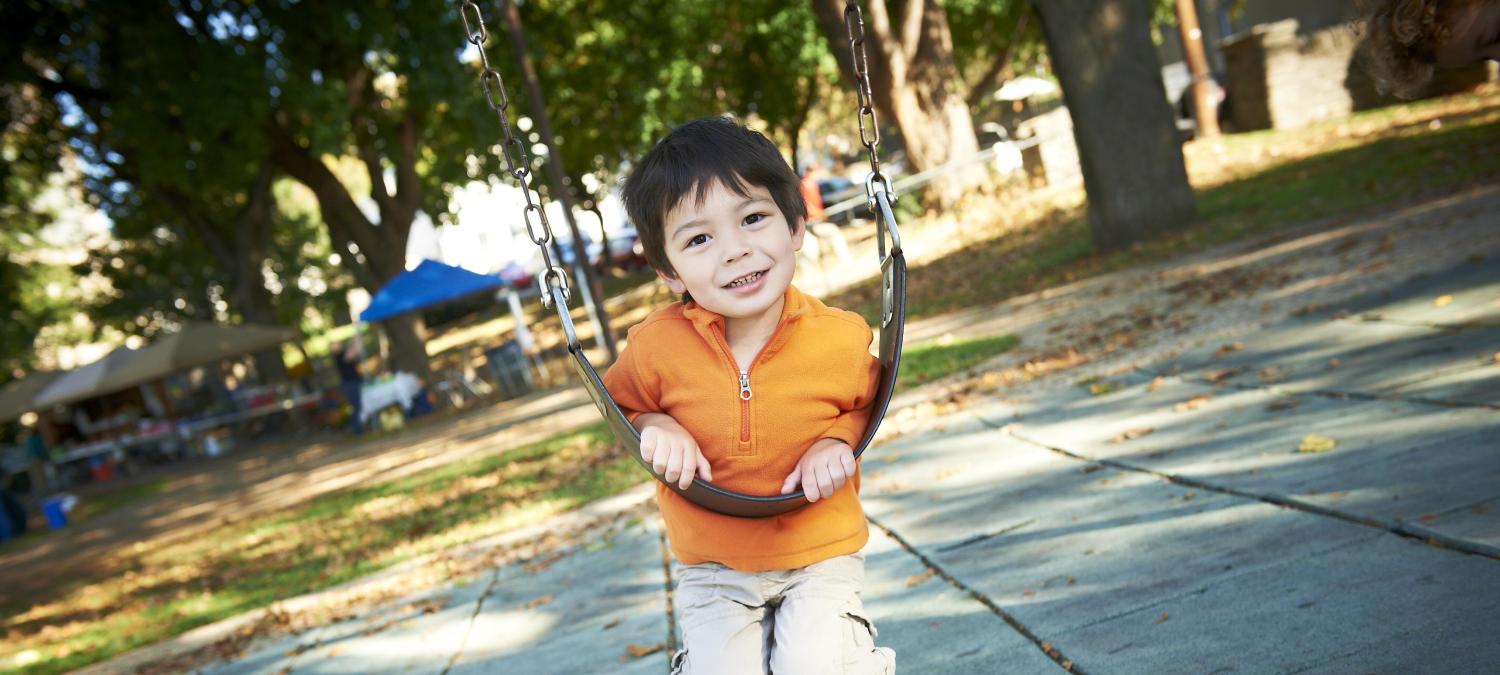

Publications
Search Tips
- Oct 2024
Objective: To examine short-term (i.e., postintervention) outcomes from a randomized controlled trial comparing a school-based telehealth-delivered depression prevention program, Interpersonal Psychotherapy-Adolescent Skills Training (IPT-AST), to services as usual (SAU). We…
- Oct 2024
Objective: Research has demonstrated the effectiveness of interventions to reduce organizational skills deficits and homework problems, including the clinic-based Organizational Skills Training (OST-C) program (Abikoff et al., 2013). In this study, OST-C was adapted for schools as…
- Jun 2024
Schools need effective, sustainable implementation strategies to support teachers in using effective Tier 1 (i.e., whole class) and Tier 2 (i.e., targeted) behavioral interventions in the classroom. This paper describes an iterative, community-partnered process of developing…
- Apr 2024
Organization, time management, and planning (OTMP) skills are behavioral manifestations of executive functioning linked to academic outcomes. Interventions to improve OTMP skills have shown favorable outcomes. The Children’s Organizational Skills Scale parent and teacher forms (COSS-P,…
- Aug 2023
Teacher-delivered behavioral classroom management interventions are effective for students with or at-risk for attention-deficit/hyperactivity disorder (ADHD) or other disruptive behavior challenges, but they can be difficult for teachers to use in the classroom. In this study, we will…
- Jun 2023
Positive school climates are associated with numerous benefits for students and school staff. Although there is some evidence that the implementation of school-wide positive behavioral interventions and supports (SWPBIS) impacts features of school climate, such as organizational health…
- Mar 2023
Multi-tiered systems of behavioral support offer teachers tools to implement positive, antecedent- or consequence-based interventions for all students (i.e. Tier 1), and for those who need additional support (i.e. Tier 2), such as students with ADHD. Because these interventions may be…
- May 2022
Multi-tiered behavioral classroom interventions are particularly important for students with or at risk for ADHD or other externalizing behaviors. Teachers often use these interventions infrequently or not as designed, and little is known about the barriers and facilitators to their…
- Apr 2022
Youth spend most of their time in school, offering an important opportunity to deliver mental and behavioral health services that meet them where they are. Schools can provide prevention services aimed at supporting positive youth behavioral health, decreasing the need for higher-level…
- Mar 2022
Health education in schools has long been identified as a strategy to support children’s health and well-being. However, there are challenges around standardization and quality of health education and how to implement it in schools. Clinicians and researchers within PolicyLab’s…